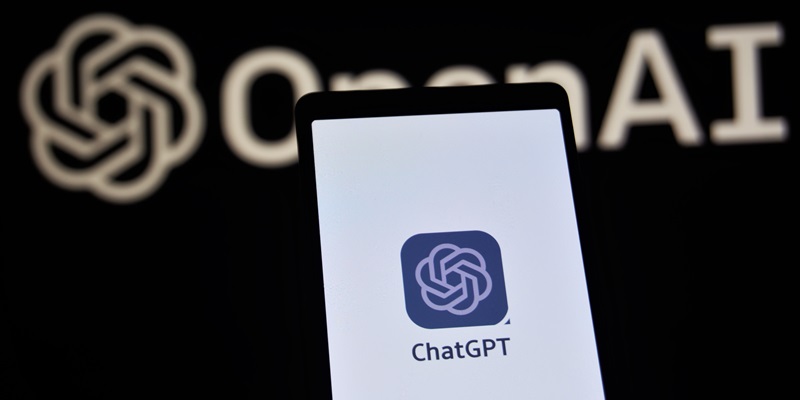OpenAI, a leading AI research lab, has recently made groundbreaking advancements in the field of artificial intelligence. In a major announcement, the organization introduced GPT-4, specialized generative AI tools called GPTs, and an Assistants API, offering developers the opportunity to build high-performance AI applications.
Introducing GPT-4 Turbo
OpenAI has developed GPT-4 Turbo, a powerful and cost-effective variant of GPT-4. This impressive AI model has the ability to process a massive amount of information while remaining affordable. With a context length of 128,000 tokens and access to world knowledge up until April 2023, GPT-4 Turbo outshines its predecessor in terms of performance and value.
Cost-effectiveness of GPT-4 Turbo
GPT-4 Turbo not only surpasses GPT-4 in capabilities but also offers a more economical solution for users. With an incredibly competitive pricing model, GPT-4 Turbo costs one cent per 1,000 input tokens and three cents per 1,000 output tokens, making it a more affordable option compared to GPT-4.
Integration of GPT-4 Turbo into ChatGPT
OpenAI has integrated GPT-4 Turbo into its widely-used AI language model, ChatGPT. This integration allows ChatGPT to capitalize on the enhanced capabilities of GPT-4 Turbo. OpenAI will implement a gradual rollout strategy, starting today, enabling users to experience the benefits of GPT-4 Turbo. Notably, this upgrade provides a valuable knowledge update, allowing ChatGPT to reflect information up until January 2022.
Introduction of the GPT Store
In an effort to foster innovation and collaboration within the AI community, OpenAI will soon launch the GPT Store. This groundbreaking platform enables developers to create and sell their own customized AI tools, known as GPTs. Developers will have the opportunity to earn revenue based on the popularity of their creations, unlocking new avenues for creativity and entrepreneurship.
Customizable AI Agents and Tailored Versions of ChatGPT
OpenAI has ambitious plans to enable AI agents to possess specific skills and capabilities. With the release of tailored versions of ChatGPT, known as GPTs, developers can modify the AI models according to their requirements. This flexibility empowers developers to create AI agents focused on specialized domains, catering to diverse use cases and industries.
ChatGPT Enterprise and Sharable GPTs
OpenAI understands the need for collaboration within organizations. To address this, they are introducing the ability for ChatGPT Enterprise users to create and distribute shareable GPTs within their respective organizations. Starting from November 8, this feature promises to enhance productivity and knowledge sharing within enterprises, creating a more efficient and collaborative AI environment.
Data Usage and Privacy Assurance
OpenAI recognizes the importance of privacy and data protection. They emphasize that conversations on ChatGPT Enterprise are strictly confidential and are not utilized for the training of AI models. This commitment to privacy ensures that organizations can utilize the benefits of AI without compromising sensitive information or proprietary data.
Impact of Generative Design AI
According to a prediction by Gartner, generative design AI, such as the advancements offered by OpenAI, is expected to automate 60% of the design effort for new websites and mobile apps by 2026. This forecast highlights the transformative potential of AI in streamlining the design process and enabling faster, more efficient development.
Availability of Assistants API
OpenAI’s Assistants API has entered its beta phase, presenting developers with an incredible opportunity to build AI applications. This powerful API allows developers to leverage OpenAI’s advanced AI capabilities to create innovative solutions, driving the development of AI-driven applications across various industries.
OpenAI’s announcement of GPT-4 Turbo, specialized GPTs, and the Assistants API marks a significant milestone in the field of artificial intelligence. With GPT-4 Turbo’s enhanced capabilities, cost-effectiveness, and integration into ChatGPT, users can expect improved performance and expanded knowledge. The introduction of the GPT Store empowers developers to create and monetize their own AI tools, fostering innovation and collaboration within the AI community. OpenAI’s commitment to privacy and data protection ensures a secure AI environment for enterprises. The predicted impact of generative design AI further solidifies the transformative potential of OpenAI’s advancements. With the availability of the Assistants API, developers have the tools they need to build cutting-edge AI applications, propelling us into a future powered by intelligent machines.

